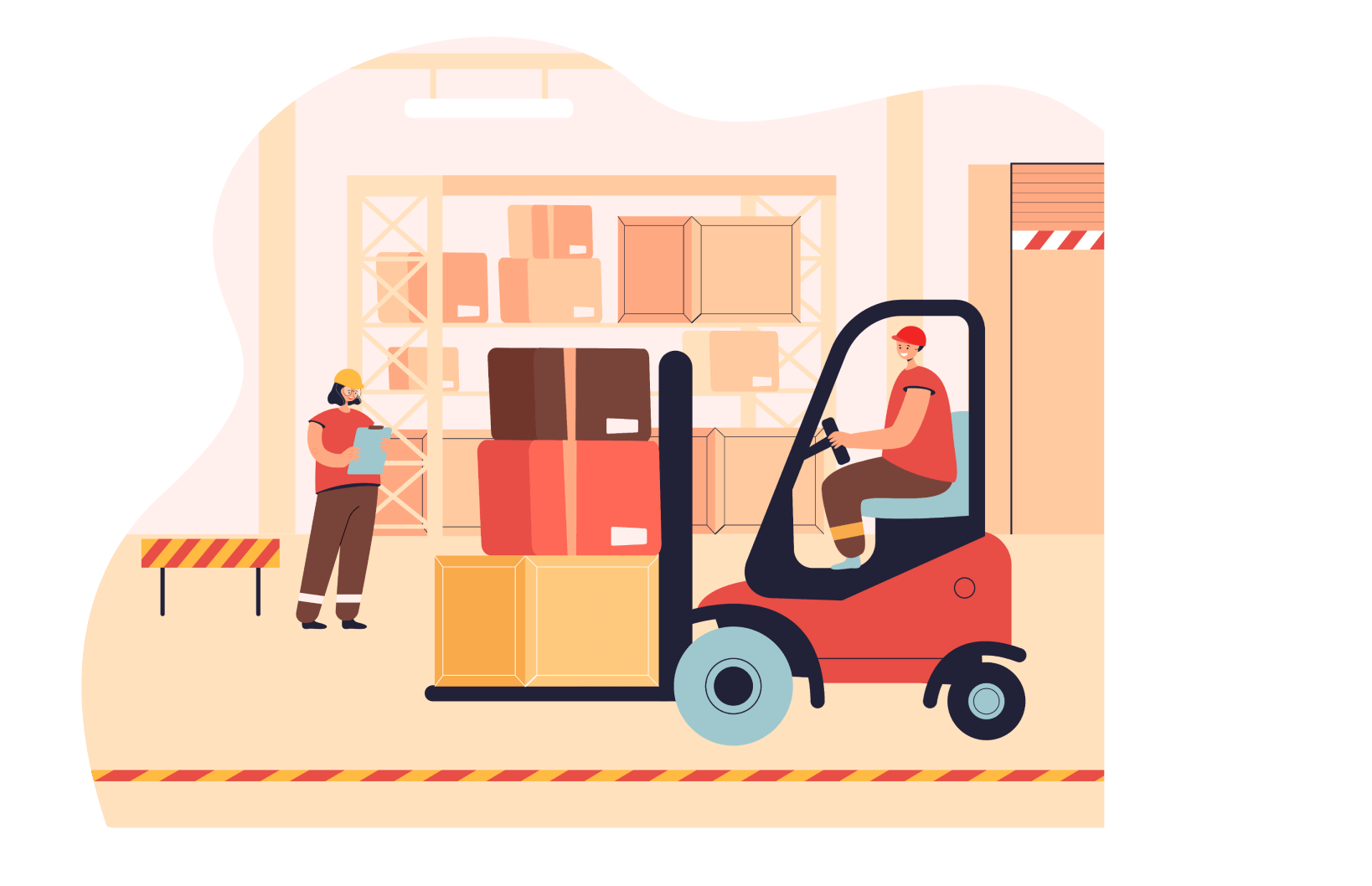That’s why the world needs whistleblowers. These brave individuals are often employees or subcontractors of the fraudulent organization and can gather the evidence necessary to file a lawsuit without notifying the organization of anything amiss. Tariff/duty fraud deprives the government of funding, harms domestic workers, and creates an unfair environment where all businesses must try to compete with the price points of the fraudulent organization, which makes it difficult for any honest business to turn a profit. The harm is widespread, yet these organizations think nothing of misclassifying goods and failing to disclose honest information on their imported goods despite the consequences.
As a whistleblower, you’re playing a critical role in promoting fairness across all commercial industries, but we understand how difficult of a decision it is to come forward. Many whistleblowers fear that the organization they’re helping to expose will retaliate against them, but you should know that the False Claims Act (FCA) contains provisions that offer protections for whistleblowers against this malicious behavior. Our attorneys are well versed in all aspects of whistleblower and qui tam litigation, allowing us to give you the best possible chance of success while staying anonymous throughout the duration of your case. With over 100,000 clients served and the resources of America’s Largest Personal Injury firm behind us, our firm is uniquely capable of handling a whistleblower case of any size, regardless of the organization we’re holding accountable.
Tariff and Duty Fraud Can Vary; Our Stance Does Not
All instances of tariff and duty fraud rob the American people of fairness in commercial business relationships. If one company is able to bypass its fair share of taxes, it can sell its products at a lower price, making it more difficult for other businesses within the industry to compete with their price points. However, there is no shortage of fraud schemes that these companies will rely on to bolster their profits fraudulently, but here are a few examples of more common types of fraud that affect the import industry:
Misclassification of Goods
Tariffs and import duties are based on the type of product the company receives, with each specific rate determined by the Harmonized Tax Schedule of the United States (HTS). For example, if a company were to import a car, they would have to pay the tax rate that applies to that vehicle, much like any other company would if they purchased that same car. Fraudulent companies, seeking to avoid paying a high tariff on their imported goods, will sometimes falsify documentation related to their imported products to persuade the government into believing that the product falls into a different, less expensive tax rate. They do this to gain an advantage over their competitors, but any instance of misclassification of goods is a federal offense, and it’s only a matter of time until their crimes come to light.
Undervaluation of Goods
The value of imported goods also plays a role in how much the company that’s receiving the product pays in tariffs and duties. If a shipment of goods is valued at a high price, the tax rate is higher as well, but some companies will intentionally undervalue their imports to pay less in tariffs. While they might believe that their actions aren’t harming anyone, it’s actually enforcing an unfair attitude within their industry, and they could be held liable for the violation through a whistleblower lawsuit.
Misrepresenting Country of Origin
Tariff rates can differ depending on the country the product is coming from. If the country is less developed and has a need to protect their growing industry, they’ll require higher tariffs to import their products, as they want to maximize the cash flow into their country. These rates also depend on other factors, such as the relationship between the country and the United States, but they’re enforced heavily to ensure that all business dealings are treated fairly across the board. In some cases, companies will misrepresent their imported product’s country of origin on the information they supply to the government to avoid paying the higher rates. They also do this to avoid anti-dumping duties and countervailing tariffs.
Our Complex Litigation Group Can Help You Hold Fraudulent Organizations Accountable
Whistleblowers are the strongest line of defense against fraud and corruption within our government. They’re the ones who speak up against wrongdoing and help hold the abusers accountable for their actions, and for that, they deserve nothing but respect. Our firm stands as an ally to these brave individuals everywhere, and we’re prepared to do whatever it takes to ensure that all whistleblower lawsuits that come through our door end with success. In fact, our Whistleblower Group has a proven track record of success across our over 100,000 clients served, often recovering multi-million dollar settlements in the name of justice and fairness.
We know what it takes to get the job done. Our team of experienced attorneys, former FBI agents, and knowledgeable support staff are uniquely capable of handling any whistleblower lawsuit, all the while keeping you safe from any form of harm. If you have knowledge of tariff and duty fraud occurring within your workplace, or any other institution that handles imported products, contact us today for more information on your next best step.


